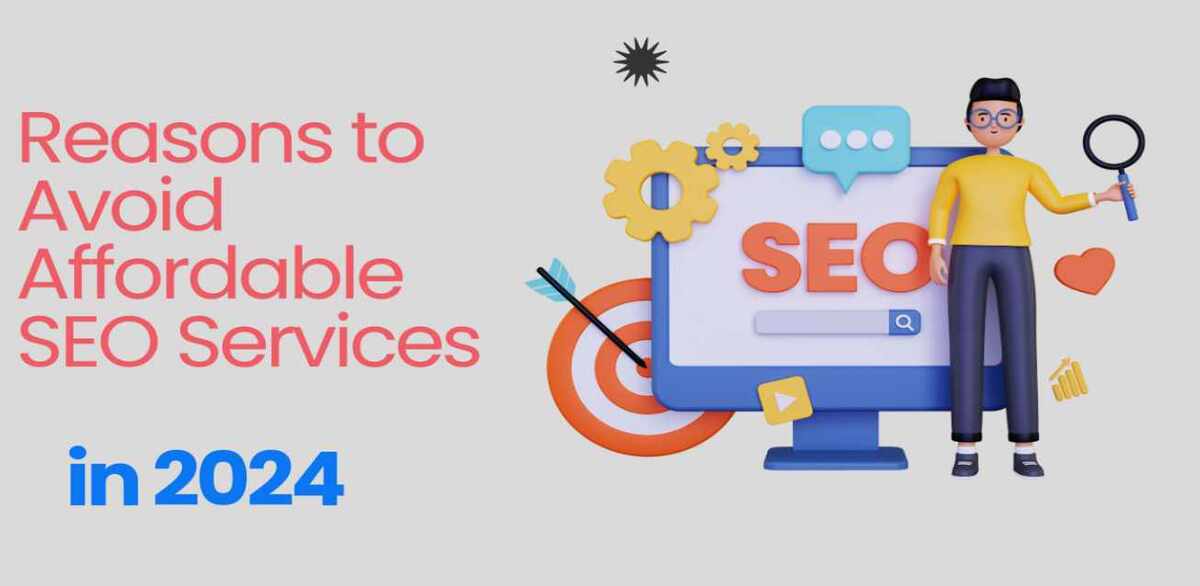In the rapidly evolving landscape of search engine optimization (SEO), backlinks have consistently remained a cornerstone of effective strategy, signaling the importance and credibility of a website to search engines. However, as digital landscapes become more complex and saturated, traditional backlink strategies have begun to show their limitations, paving the way for innovative approaches. Among these, the application of Artificial Intelligence (AI) in formulating and executing backlink strategies stands out as a transformative force.
The Importance of Backlinks for Search Engine Optimization
Backlinks, often referred to as “inbound links” or “incoming links,” are links from one website to a page on another website. For search engines like Google, these links serve as votes of confidence, indicating that the content being linked to is valuable, credible, and useful. Consequently, a website with a high number of quality backlinks typically enjoys higher rankings in search engine results pages (SERPs), driving more organic traffic to its pages.
Historically, the pursuit of backlinks has involved a variety of tactics, from content marketing to forging partnerships with other websites. Yet, the core principle has always remained the same: to increase a website’s visibility and authority in the eyes of search engines and users alike. This has made backlink acquisition a critical activity for SEO professionals and marketers.
However, not all backlinks are created equal. Search engines have grown increasingly sophisticated, able to distinguish between high-quality links that contribute to a site’s authority and spammy or irrelevant links that do not. This distinction has made the acquisition of quality backlinks more challenging but also more crucial than ever for effective SEO.
Traditional Backlink Strategies and Their Limitations
Traditional backlink strategies have largely focused on manual outreach, guest blogging, and the creation of share-worthy content. While these methods can still be effective, they come with significant limitations in terms of scalability, efficiency, and sometimes, effectiveness. Manual outreach is time-consuming and often results in low success rates. Guest blogging requires a significant investment in content creation, with no guarantee of placement or impact. Meanwhile, creating viral content is unpredictable and can be hit or miss.
Moreover, as the web has grown, so has the competition for visibility. The sheer volume of content being produced has made it increasingly difficult for websites to stand out and earn backlinks organically. Additionally, search engines’ algorithms have become more complex, placing greater emphasis on the relevance and quality of backlinks rather than merely their quantity. These developments have necessitated more strategic, nuanced approaches to backlink acquisition.
The limitations of traditional backlink strategies highlight the need for innovation. Enter AI and machine learning, technologies that are beginning to revolutionize how backlinks are identified, acquired, and managed.
The Rise of AI in Backlink Strategies
The advent of AI in SEO has opened new frontiers for backlink strategies, offering tools and approaches that were previously unimaginable. AI algorithms can analyze vast amounts of data at incredible speeds, uncovering insights and opportunities that would be impossible for humans to identify on their own. This capability is transforming the way SEO professionals approach backlink acquisition.
AI-driven tools can now evaluate the backlink profiles of countless websites, identifying patterns, trends, and opportunities for link building that align with a site’s SEO goals. These tools can assess the quality of potential link sources, predict the impact of a prospective backlink on search rankings, and even suggest strategies for acquiring these links. This level of analysis not only makes backlink strategies more effective but also significantly more efficient, reducing the time and effort required to secure valuable links.
Furthermore, AI is enhancing the personalization and targeting of backlink outreach. By analyzing the content and audience of potential link partners, AI can help tailor outreach messages, increasing the likelihood of a positive response. This precision in personalization and targeting is a significant leap forward from the generic, mass outreach approaches of the past.
How AI is Transforming Backlink Analysis and Acquisition
The transformation brought about by AI in backlink analysis and acquisition is profound. AI-powered tools, such as TrustedLinks.io, are now capable of conducting comprehensive backlink audits, identifying not just the quantity but the quality of links pointing to a website. These tools can distinguish between natural, beneficial backlinks and potentially harmful ones, enabling SEO professionals to focus on nurturing the former and disavowing the latter.
In terms of acquisition, AI is making the process more strategic and data-driven. By leveraging AI, SEOs can identify the most promising opportunities for backlink acquisition based on a detailed analysis of their own and their competitors’ backlink profiles. This approach ensures that efforts are focused on acquiring backlinks that will have the most significant impact on SERP rankings.
AI is also streamlining the acquisition process itself. Automated outreach programs, powered by AI, can manage the often tedious task of contacting potential link partners, following up, and tracking responses. This automation allows SEO professionals to dedicate more time to strategy and content creation, rather than getting bogged down in administrative tasks.
Case Studies of Successful AI-powered Backlink Strategies
The efficacy of AI in transforming backlink strategies is not merely theoretical. Numerous case studies and success stories attest to the tangible benefits that AI-powered approaches have brought to SEO campaigns. For instance, TrustedLinks.io has been instrumental in enabling companies to refine their backlink strategies, leading to significant improvements in their search engine rankings and organic traffic.
One notable case involved a mid-sized e-commerce website struggling to improve its SERP position despite having a robust content marketing strategy. By implementing AI-powered backlink analysis through TrustedLinks.io, the company was able to identify underutilized backlink opportunities within its niche. Leveraging this insight, it embarked on a targeted backlink acquisition campaign, focusing on high-quality, relevant sites. The result was a notable improvement in rankings for key search terms, driving increased traffic and sales.
Another example comes from a B2B service provider facing stiff competition from larger, more established firms. Through the application of AI in its backlink strategy, the company was able to uncover and pursue backlink opportunities with industry-specific blogs and forums that had previously been overlooked. This targeted approach not only enhanced the company’s backlink profile but also positioned it as a thought leader in its industry, further amplifying the SEO benefits.
These case studies underscore the transformative potential of AI in backlink strategies, demonstrating how technology can enable more intelligent, efficient, and effective SEO practices.
![]()
This content is brought to you by the FingerLakes1.com Team. Support our mission by visiting www.patreon.com/fl1 or learn how you send us your local content here.





